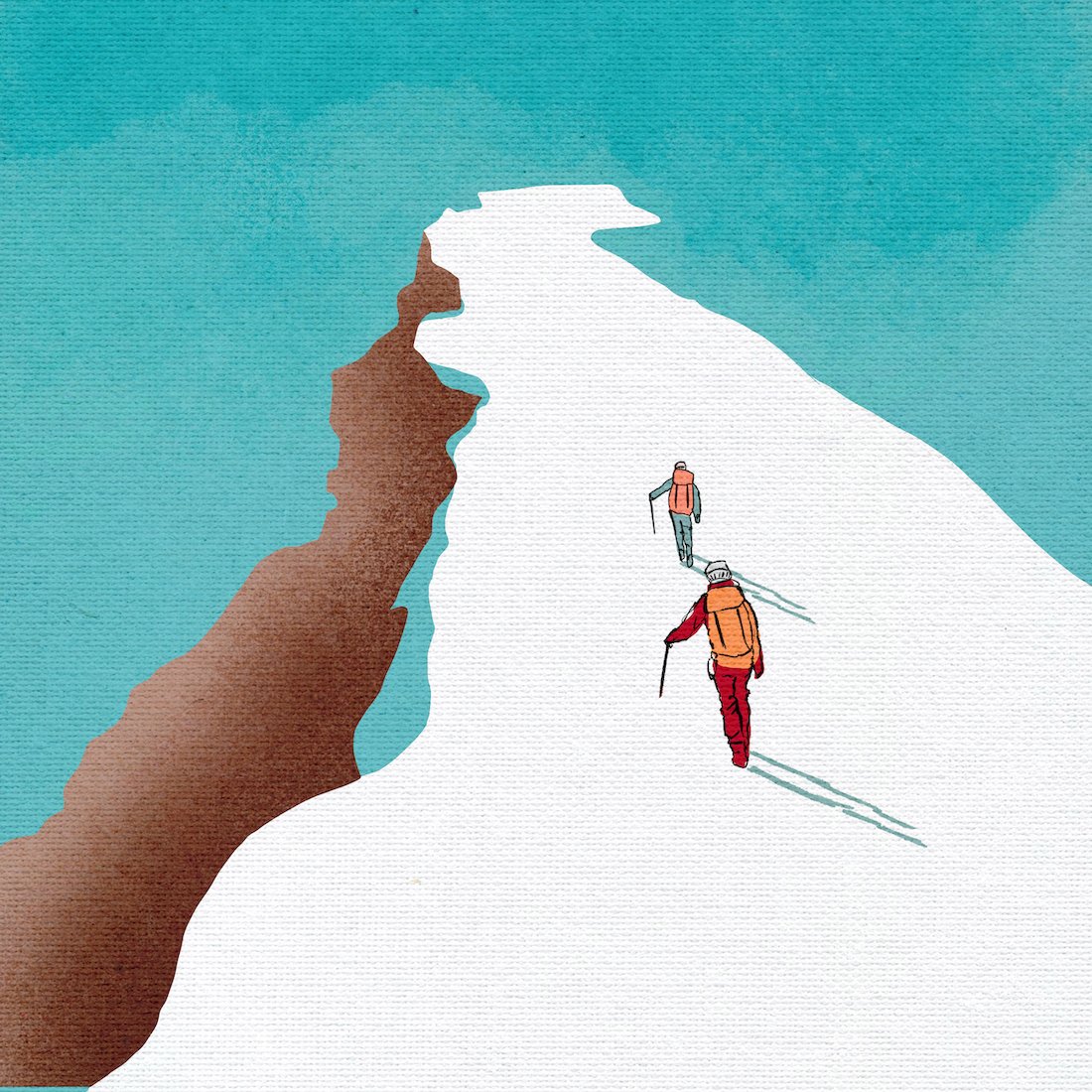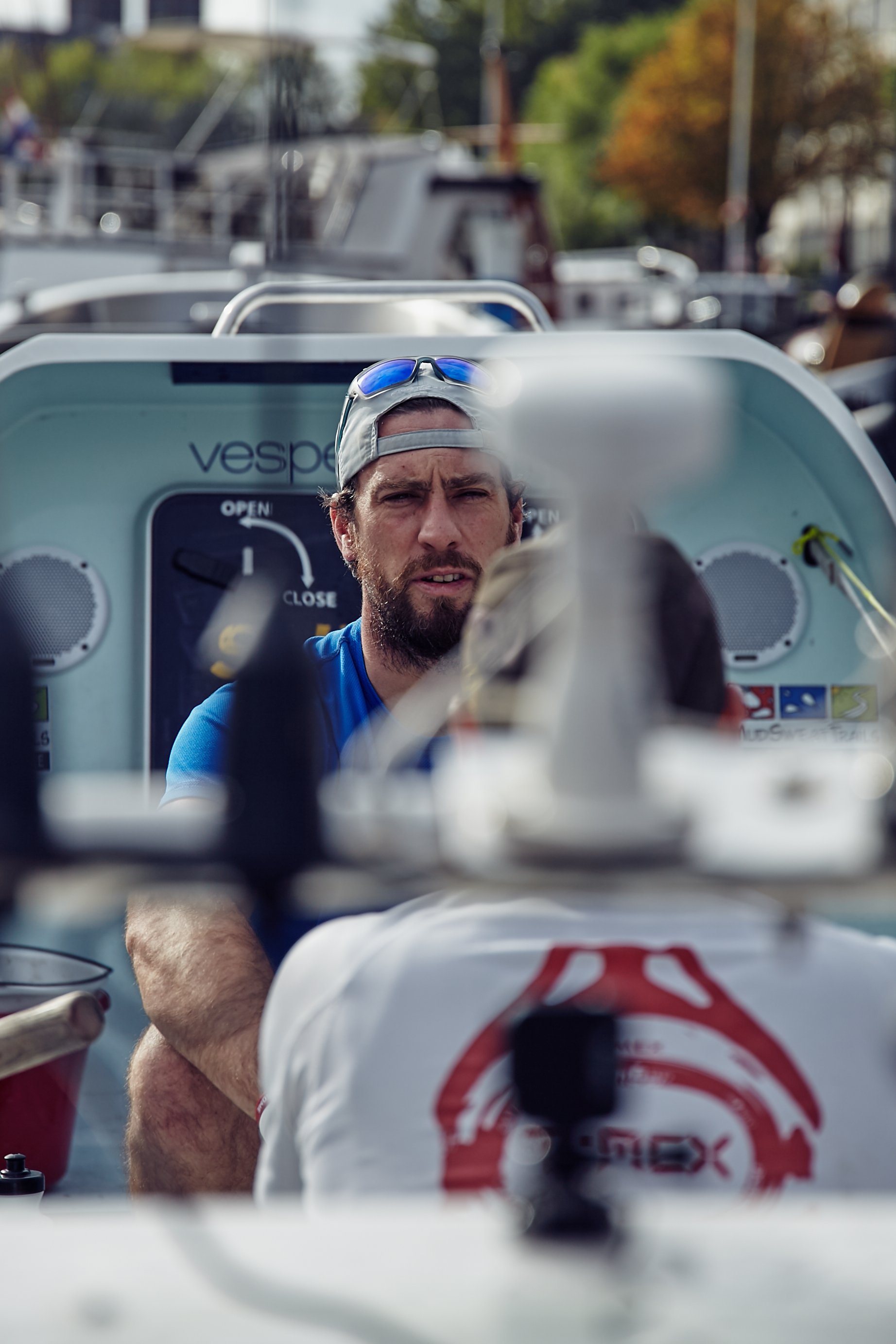~ Curator’s Field Notes ~

Compound adventures: why breaking long endeavours down into bite-size pieces is good for us millennials
As a millennial, we find ourselves caught between life chapters also: buying a property; starting a family; launching a business; concentrating on a career; or just jack them all in to go and climb mountains; live in a van or sail around the world.
The idea of big, wieldy goals seems great when you’re in your twenties but not hugely achievable as your responsibilities to family, career, or a mortgage mount up in your thirties and forties.

Recovering from a big injury: how you can help someone move forward in a better way
Being independent and active is a large part of my identity and purpose.
Of all the injuries, the most complicated has been the compound fracture to my leg. Initially I had a couple of surgeries and rod inserted into it, pinning the shattered part together. This stabilised the leg, and after a month, I was starting to get back on my feet with the aid of a wheelchair. Being able to get out of bed was a real game changer: It meant I could go to the toilet, move around and not have to constantly rely on help from others. It meant being able to wash and brush my teeth instead of having a flannel bath in bed.

5 things to make your expedition happen in 2023
We’ve had some difficult years making expeditions and personal goals happen recently. The pandemic, conflict, a shift in global politics, and cooling economy have conspired to increase the size and number of hurdles, however there are ways to mitigate them that you might not have thought of or be familiar with.
You may well have signed up to an ocean rowing race, to run the Marathon des Sables, or even to take on the mighty Everest – however with the current fiscal uncertainty, it’s hard to see how you can possibly fundraise if the outdoor and charity sector is struggling as we believe it might be.

Relearning to paddle my own canoe: Regaining independence after a complex injury.
One of the hardest things I experienced during my recovery from a mountaineering injury, was to be physically and spiritually supported by my partner, family and friends.
I was in a wheelchair when I first left hospital. My partner had to push me around when I wasn’t strong enough to go more than a few metres on the crutches. Whilst I had completed ultramarathons like the Marathon des Sables the previous year; my fitness had utterly deteriorated from the 3 months in a hospital bed – so I had to rely on her to help in almost all daily activities.

Bending and straightening: what life’s like four months after the accident.
It is four months since the accident, and I’ve been out of hospital for a few weeks. Christmas would usually be spent driving hundreds of miles to the north to see my family however I choose not to struggle with the British rail service.
The effort it would take to get across London from the south coast (itself already experiencing difficulties from flooding) and then many more hours on the trains just seems beyond me at this stage – so my girlfriend and I settle for a quiet one at home watching Netflix and drinking too much tea.
It takes me many days to overcome the feeling that I’m letting people down, but I get reassured that I’m not.

What 3 months in hospital taught me about isolation (by a former-Royal Marine and ocean rower)
Late last year, I had a big fall whilst trying to climb the Matterhorn mountain – tumbling fifty metres which put me in coma for eight days and hospital for almost three months. After spending a week in a coma, I woke up with a traumatic brain injury. The Italian doctors had found three lesions (damage in the brain) which affected my short-term memory, speech and vision in one eye. At first I didn’t recognise my girlfriend, family or close friends whom had all flown to be with me throughout the coma. But as time went on, I started to become more like the person I was before – but some perspectives had changed.
It was undoubtedly the hardest period of my life, but these basic principles helped me to endure it and come out stronger.

Rowing across a current: A veteran’s thoughts on transitioning into the creative media sector.
In her article, ‘It’s Hard to Be What You Can’t See’, Marian Wright Edelman asserts that kids need to be exposed to a wide range of writing that reflect the true diversity of the way the world really is.
This perspective is useful to help explain why some veterans don’t venture far from employment that they know as a result of their service – and possibly why some organisations that have low numbers of veterans, may come to unfair assumptions of someone who has served in the military.
